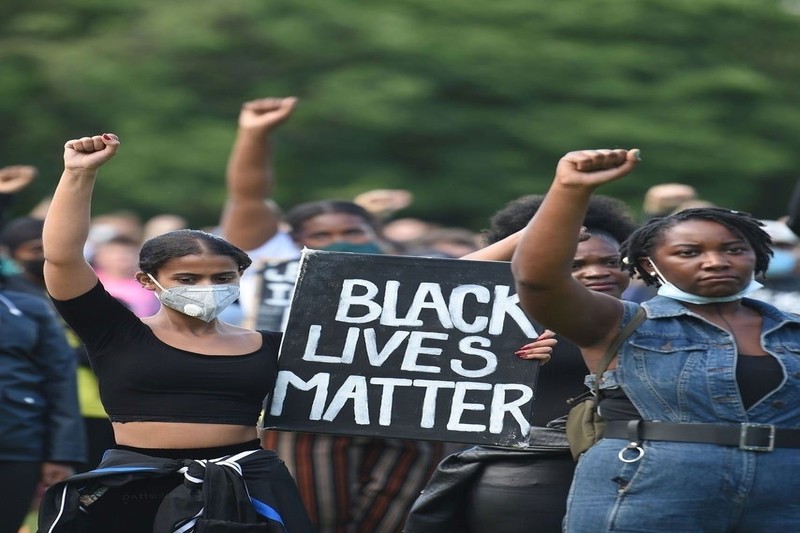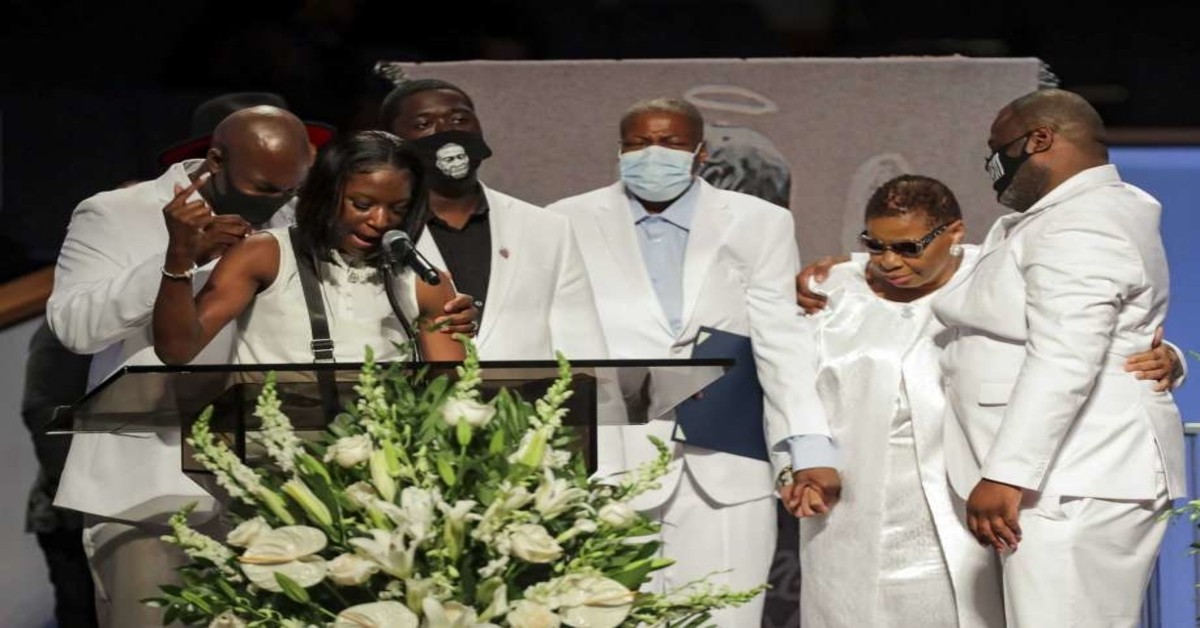The Asheville City Council in North Carolina made history this week as a unanimous vote — 7-0 — was approved to provide reparations to the African-American/Black community.
“In my mind, this resolution is a first step in that it makes a vast list of historical wrongs that have been perpetrated against the Black community up until this very day,” shared Sheneika Smith, a council member in Asheville.
The resolution would not provide direct payments to African Americans. Instead, it would distribute funds to different areas of society that see racial disparities to close those gaps. Those specific areas are health care, education, employment, pay, neighborhood security, and equity in criminal justice.
“Hundreds of years of spilled black blood that basically fills the cup we drink today,” stated Council Member Keith Young, who is one of the groups two African-American members and chief advocate of the measure. “Simply deleting the statutes is not enough. Black people in this country are dealing with problems of a systemic nature,” he finished.
It was also proposed by the Council that the Community Reparations Commission be created, too. This Commission will be made up of businesses, local groups and elected officials. They will see how the reparations can be implemented in the short and long term in Asheville. Furthermore, it will include looking at what plans and what strategies can be applied.
The reparations resolution says: “The resulting budgetary and programmatic priorities may include, but are not limited to, increasing minority homeownership and access to other affordable housing, increasing minority business ownership and career opportunities, strategies to increase equity and generational wealth, closing gaps in health care, education, employment and pay, neighborhood security and justice in criminal justice.
The community liaison for the Coalition for Racial Justice, Rob Thomas stated, “This is a very, very good gesture in terms of what we can build on. THe potential of what ccan come out of this document is staggering.”
The full meeting can be found here.
In other news, the Governor of Georgia — Brian Kemp — has now dropped the ban on it being mandatory for people to wear a mask while in public. His decision comes after plenty of mayors in the state have pushed to tell citizens to do their part by wearing one in public. Atlanta, Augusta, Savannah, and Rome are a few cities that have recommended individuals do wear a mask while in public.
Savannah’s Mayor Van Johnson did not mix words on Kemp’s decision:
Kemp’s choice to tell mayors there is no mandate of wearing a mask comes as a surprise as statewide, the numbers have increased with those infected with COVID-19. As reported by the AP News, Georgia had approximately 2,800 individuals hospitalized due to the virus. More specifically, across the state, there have been nearly 128,000 confirmed infections and nearly 3,100 deaths as of July 15.
For some counties though, officials are still pushing to tell its citizens the importance of wearing masks outside of their home.
“It is increasingly clear from medical and scientific data that droplet and aerosol transmission of COVID-19 are an enormous community risk, so I made the decision to supplement the governor’s order with a local mask requirement to provide for greater community safety,” shared Kelly Girtz, mayor of the Athens-Clarke County to the AP.




